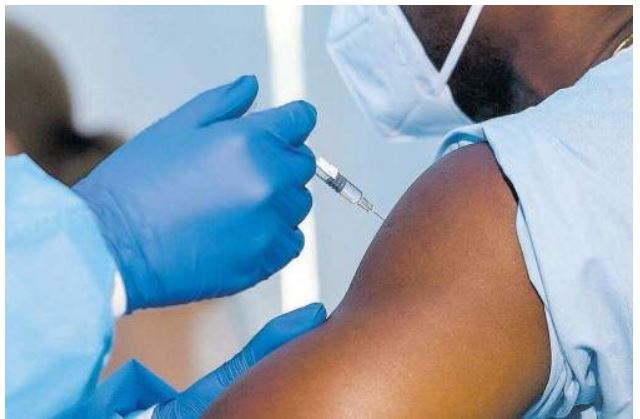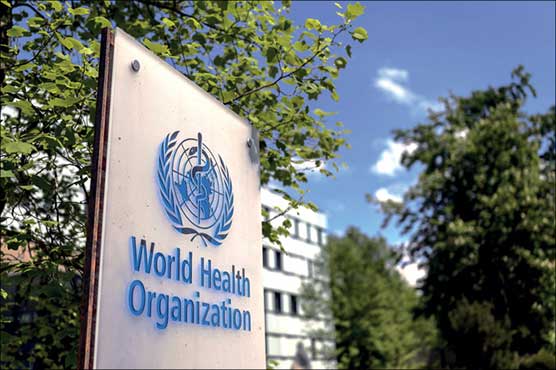The Economic Commission for Latin America and the Caribbean (ECLAC) highlighted that it is necessary to design and implement comprehensive public policies based on a gender and rights perspective to respond to the COVID-19 pandemic in the short, medium and long term.
Alicia Bárcena, the United Nations regional organization’s highest authority, participated this Wednesday, April 8, in the Briefing of Ministers and High-Level Authorities of Machineries for the Advancement of Women in Latin America and the Caribbean: The response to the COVID-19 pandemic crisis from a gender perspective, which was held virtually and organized by ECLAC and the United Nations Entity for Gender Equality and the Empowerment of Women (UN Women), drawing the presence of representatives from 29 countries in the region: 14 from Latin America and 15 from the Caribbean.
This activity included the special participation of María-Noel Vaeza, UN Women’s Regional Director for the Americas and the Caribbean, and Carolina Cuevas, the Minister of Women and Gender Equity of Chile, in that country’s capacity as Chair of the Presiding Officers of the Regional Conference on Women in Latin America and the Caribbean.
The main objectives of the gathering were to analyze the distinct economic and social scenarios of the current crisis and its differentiated impact on women in the short, medium and long term; exchange information about the main initiatives that governments in the region are carrying out, with special consideration for women’s needs and gender inequalities in the framework of the current crisis; and promote regional, subregional and bilateral cooperation initiatives that support a coordinated response to the coronavirus crisis, by incorporating lessons learned in the region and other parts of the world.
In her presentation before the ministers and authorities, Alicia Bárcena emphasized that the pandemic of the coronavirus illness has illuminated the inequalities between men and women, but it has also crystallized the importance of care for the sustainability of life.
“Today, it is crucial to reflect upon and take action regarding the little visibility that care and women’s diverse activities have in the region’s economies. It is essential to devise responses to the population’s needs using a gender approach,” she stressed.
In the meeting this Wednesday, Alicia Bárcena invited authorities to think about how the measures being taken by States in the region are affecting the structural constraints of gender inequality laid out in the Montevideo Strategy for Implementation of the Regional Gender Agenda within the Sustainable Development Framework by 2030: “That is, ensuring that what is being planned and implemented in this crisis scenario does not worsen those phenomena of inequality and injustice that we have been working so long to roll back.
We have advanced a great deal on the agreements and commitments that make up our Regional Gender Agenda, and a few months ago governments adopted the Santiago “Commitment (at the XIV Regional Conference on Women in Latin America and the Caribbean, held in January), taking one more important step towards achieving gender equality,” she indicated.
In that sense, she insisted on the importance of ensuring the incorporation of a gender perspective into policies on the macroeconomy, social protection and employment, among others.
According to ECLAC, the seven years of slow economic growth that have accumulated in Latin America and the Caribbean – with rising rates of poverty, extreme poverty and inequality – could significantly affect women. As the organization warned a few days ago, if the effects of COVID-19 lead to 5% of the economically active population losing their income, poverty could increase by 3.5 percentage points. This would mean that 107 million women in the region would find themselves in situations of poverty.
In addition, the measures to contain the pandemic could have effects on women’s formal labor due to their concentration in the most affected sectors, such as social services, wholesale and retail sales, business services, and transportation, storage and communications. These four sectors account for 78% of all employed women in the region. In addition, quarantine and public health measures will also have an adverse effect on people in the informal market and in small businesses.
Also, the limited and unequal coverage of health systems affects people’s access to care and reinforces women’s unpaid work. In this way, the containment and quarantine measures deepen the crisis of care in the region: 72.8% of all people employed in the health sector are women, while paid domestic work represents 11.4% of employed women.
Meanwhile, in the period prior to this sanitary crisis, women spent one third of their time on domestic work and unpaid care. Today, with the closure of schools, social isolation and an increase in the number of ill people, the extra burden of unpaid work intensifies.
In another realm, the quarantine or confinement situation entails serious threats to the security of many women and girls who suffer violence in their homes, ECLAC warns, since it increases the amount of time that women are alone with their abusers while reducing the possibilities for seeking help: in the countries of the region that have measurements, at least one in every four women has experienced an episode of physical or sexual violence perpetrated by their intimate partner.
Meanwhile, in the majority of Latin American countries, the people who commit femicides are victims’ current or former intimate partners. In Ecuador, Uruguay and Peru, for example, this kind of femicide accounts for more than 85% of all women’s violent deaths in the country.
In her presentation, Alicia Bárcena emphasized that the Montevideo Strategy contributes to incorporating a gender perspective into the policies adopted to confront COVID-19 and its consequences, since it allows for carrying out campaigns to broadly disseminate the services available to guarantee women’s rights; it promotes regional, subregional and bilateral cooperation initiatives; it furthers the availability of data on the effects on people and the economy, disaggregated by sex, and prospective studies; it fosters participation through virtual platforms to consult with women’s and feminist organizations about strategies to tackle the pandemic; and it expands fiscal space to mobilize enough public resources to take on COVID-19 with a gender perspective.
“We are facing an unprecedented crisis where clearly the role of States and intergovernmental organizations will be decisive for coordinating actions that allow us to get past the emergency as soon as possible and to undergo an economic and social recovery, leaving no one behind,” Alicia Bárcena stated.
In the framework of the meeting, ECLAC made available to countries an initial mapping of the initiatives announced by Ministries and Machineries for the Advancement of Women to address gender dimensions in the responses to the pandemic in Latin American and Caribbean countries. This mapping will be updated with the progress presented at the meeting and will be made into an updated digital repository available to countries.
In addition, the document entitled The COVID-19 pandemic is exacerbating the care crisis in Latin America and the Caribbean was released, presenting the importance of care for the sustainability of life and the little visibility that this sector has in the region’s economies.
This study has been incorporated into the COVID-19 Observatory in the region created recently by ECLAC, which compiles detailed information about the policies being adopted at a regional and global level to confront the COVID-19 pandemic, as well as analysis of the economic and social effects that they will have at a national and sectoral level.




